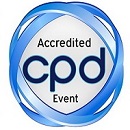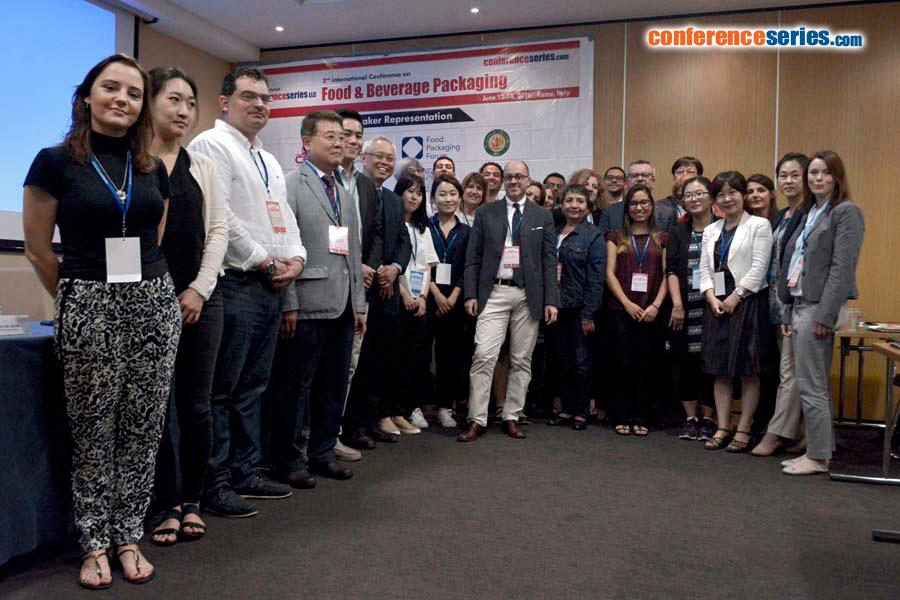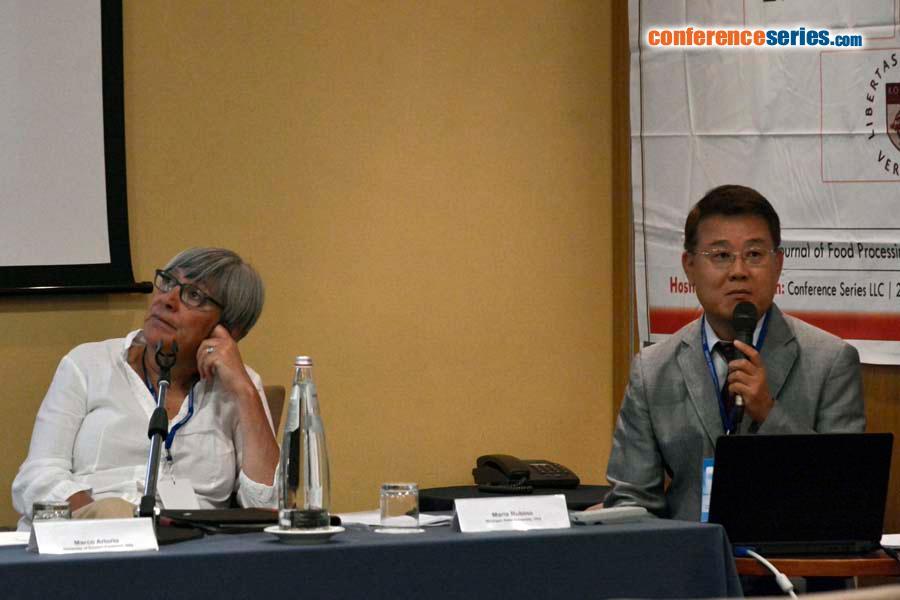
Biography
Biography: Hyun Jin Park
Abstract
In recent years, nanotechnology is widely used in food packaging area such as nanobarcodes for tracking and sensing, nanoscale pigments for inks, nanomaterials for color without use of dyes or conventional pigments, and nanomaterials electronic displays with quality paper. We diversely applied nano-clay to biodegradable poly(lactic acid) (PLA) films, which are used instead of plastic films to reduce the growing serious environment problem, for the purpose of improvement in mechanical or barrier properties of the films. The poor moisture barrier property of a PLA film was improved by chitosan or/and clay coating. Tensile strength and elongation at break of a PLA film were improved by coating with Cloisite 30B-containing ink. Oxygen permeability of a PLA film decreased significantly upon addition of clay levels up to 1%, and water vapor permeability also decreased depending on the increase of clay (0%-20%). We also used halloysite nanotubes (HNTs) in an active packaging system. Thyme essential oil (TO) as an antioxidant agent was encapsulated into HNTs, and the TO/HNT capsules were coated with the Eudragit®EPO polymer to avoid burst release as well as to prolong the release time in the packaging system. Encapsulation efficiency and payload of the capsules prepared using 26.7% (w/v) TO solution were 14.94% and 14.58%, respectively. The encapsulation eventually enables TO to release in a sustained manner for 96 h. In our studies, nanomaterials were successfully applied to food packaging system for which the results proved the high potential of nanotechnology.




